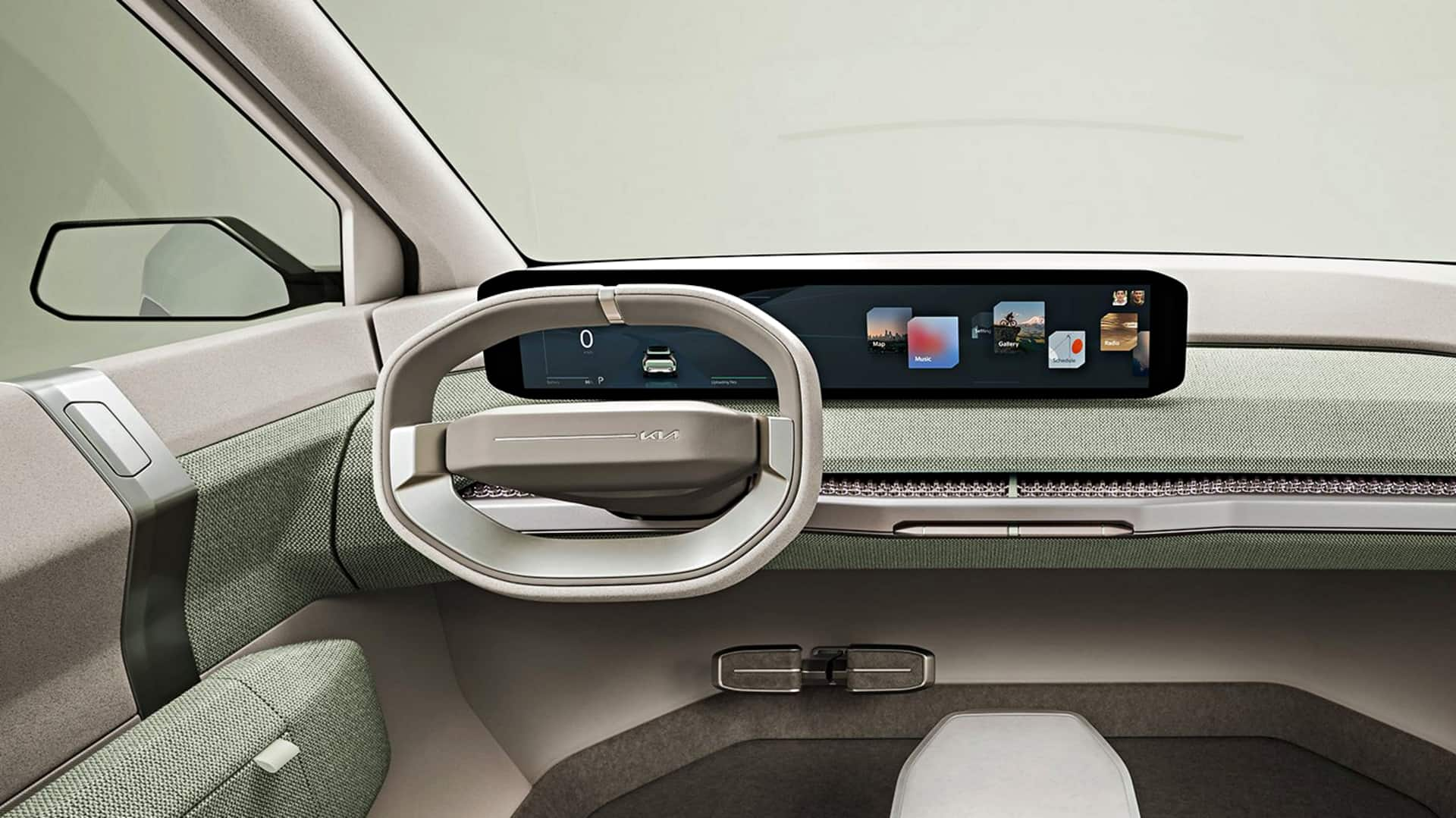
Hyundai developing hybrid in-car AI system: Report
What's the story
Hyundai Motor Group is teaming up with Naver, often referred to as "the Google of South Korea," to create a large language model (LLM) for its upcoming cars' infotainment systems and AI voice assistants. In an interview with TechRadar, Chang-Hyeon Song, the president and head of the New Transportation-as-a-Service (TaaS) Division at Hyundai, has shared details about the collaboration and goals for future Hyundai models.
Vision
Efforts to overcome limitations of current LLMs
Song pointed out that current LLMs don't have access to essential data like vehicle information, phone contacts, and driver details, limiting their ability to provide comprehensive answers. He envisions a hybrid system that combines Naver's AI chatbot (for answers to generic questions) with Mapbox's MapGPT (for conversation navigational requests) and Hyundai's in-house voice assistant (for vehicle functions). This integrated approach aims for a seamless user experience.
Release timeframe
New infotainment platform expected by 2026
By 2026, Hyundai plans to introduce a new infotainment platform that lets drivers use voice commands to control in-car systems like climate control, windows, and music. The platform will also integrate popular external apps such as OpenTable and TripAdvisor. Song wants the upcoming system to resemble CarPlay, with everything managed within one ecosystem and by one voice assistant.
Information
Why Hyundai wants to harness Naver's research
Song, once an employee at Apple and Microsoft, is also the founder of Naver Labs, the research and development (R&D) arm of Naver. This background sheds light on Hyundai's choice to leverage the prominent Korean web search engine and global ICT leader's existing research on LLMs.
Insights
App marketplace for customers also on way
Besides the new infotainment system platform featuring an AI assistant, Hyundai also aims to offer an app marketplace to customers. For this, the company is opening its application programming interface (API) to third-party developers, inviting them to enhance existing features using the company's resources. Song believes this openness sets Hyundai apart from other OEMs. Initially, the app marketplace will focus on tight integration with the vehicle rather than introducing too many features at once.